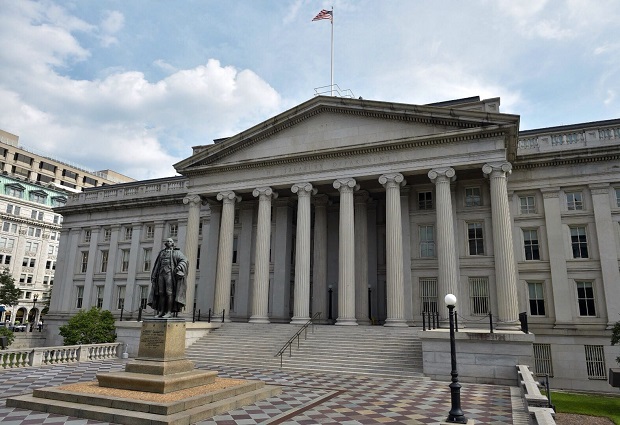Since the 2010 enactment of the Foreign Account Tax Compliance Act (FATCA), foreign financial institutions and U.S. taxpayers with financial assets abroad have encountered increasingly challenging IRS compliance burdens.
U.S. citizens living abroad, for instance, have felt the effects of FATCA when receiving bank letters informing them that if they indeed have American citizenship, then they need to complete an IRS Form W-9 or other information form, and sign a waiver of confidentiality, in order to maintain an account at the bank. These forms trigger a gathering of information that is meant to ultimately fall in the hands of the IRS.
FATCA, as enacted, is meant to combat offshore tax evasion in two distinct ways:
- by requiring U.S. citizens, including those living abroad, to report their holdings in foreign financial accounts and their foreign assets on an annual basis to the IRS, and
- by requiring foreign financial institutions (“FFIs”) (which include just about every foreign bank, investment house and even some foreign insurance companies) to report to the IRS (or to their government, which then reports to the IRS) the balances in the accounts held by customers who are U.S. citizens.
If U.S. citizens don’t comply with the reporting rules, they can be subject to severe penalties if caught by the IRS. If the FFIs don’t comply, they and their account holders may be subject to an onerous and automatic 30% withholding tax on payments such as interest and dividends from U.S. sources.
FATCA detractors have criticized the program, arguing that it demands rigorous compliance with arcane, complex, and overreaching rules. The U.S. government has argued that the burden of FATCA compliance will eventually be outweighed by the benefits of curtailing offshore tax evasion, particularly when participating governments and banks properly implement FATCA standards and solidify lines of communication.
Given that FATCA officially began to operate at initial levels with the 2011 tax year, this year essentially represents the program’s eighth year of operation. While FATCA has been purposefully implemented in gradual phases to allow governments to enact local participating legislation, many expected that the U.S. government would be reaping high rewards for its efforts at this stage in the game.
In a recent report from the U.S. Treasury, it seems that the U.S. government was much too optimistic in this regard. The report, issued by the U.S. Treasury’s Inspector General for Tax Administration, concludes in its title – “Despite Spending Nearly $380 Million, the Internal Revenue Service Is Still Not Prepared to Enforce Compliance With the Foreign Account Tax Compliance Act.”
In describing FATCA’s shortcomings, the report states first that limited or no action has been taken on most of the activities listed in the FATCA compliance roadmap, including the extrapolation of gathered account information in order to identify those account holders who are not compliant with their foreign reporting obligations. It then describes how FFIs continue to submit incorrect data, potentially throwing off the usefulness of the information gathering process.
The report makes a number of recommendations, including the establishment of follow-up procedures to address errors in file submissions, the development of better form guidance for FFIs and individuals, and the strengthening of compliance efforts to address taxpayers who are caught in the FATCA net.
While a heavy economic price continues to be paid by both governments and taxpayers to implement FATCA on the ground, it remains to be seen whether the IRS can pick up the pace and meet the U.S. government’s goals in the near future.
